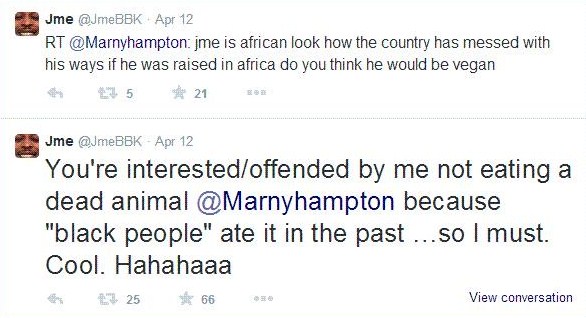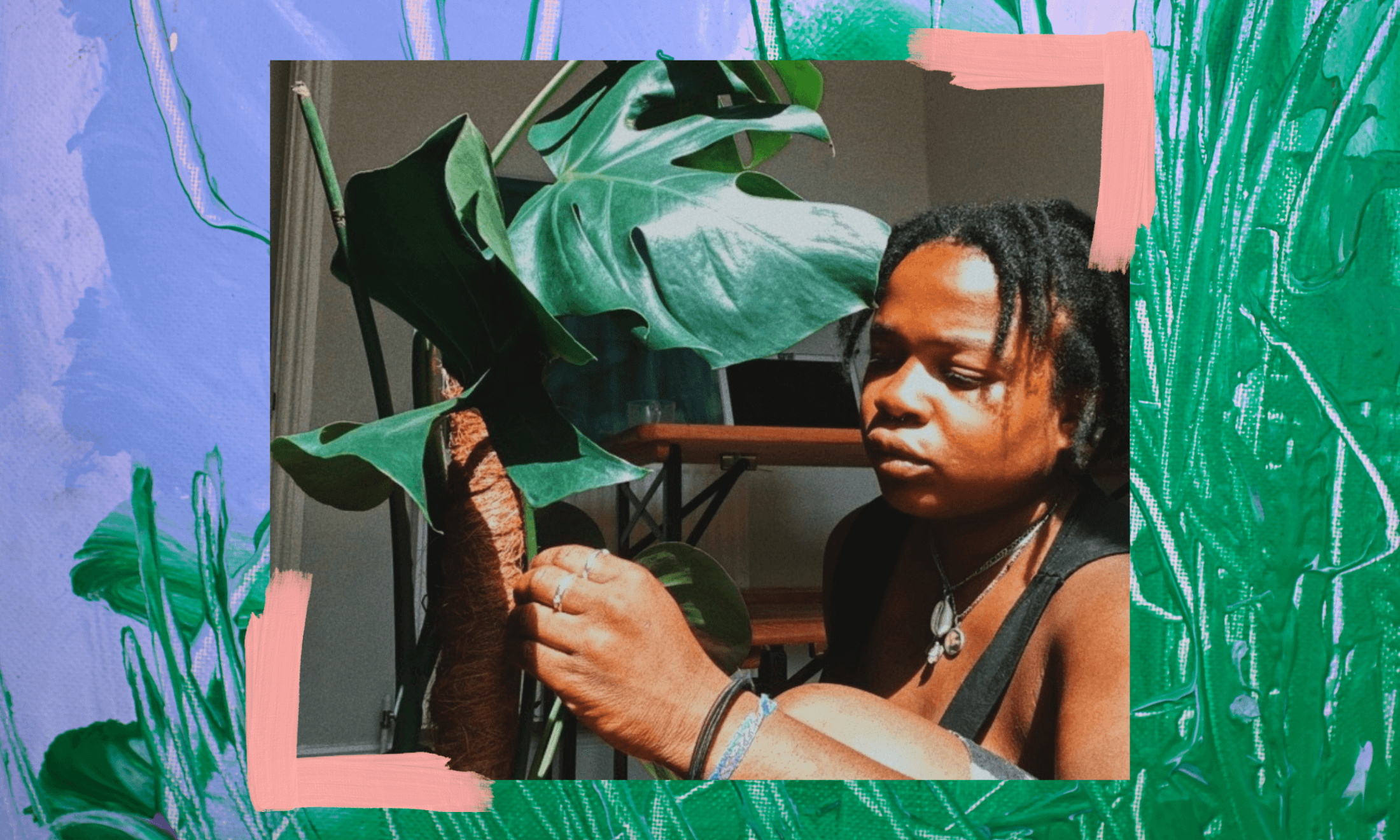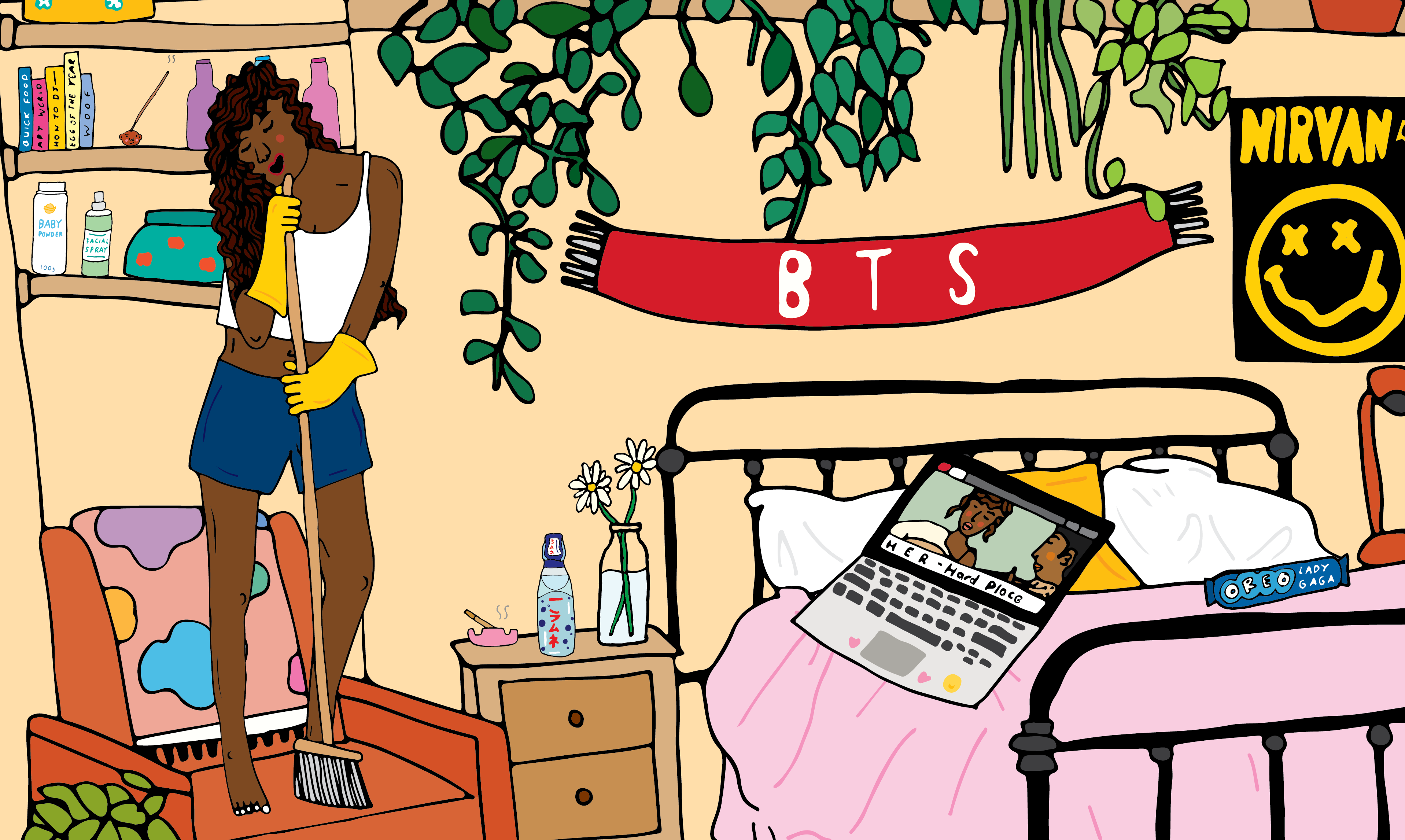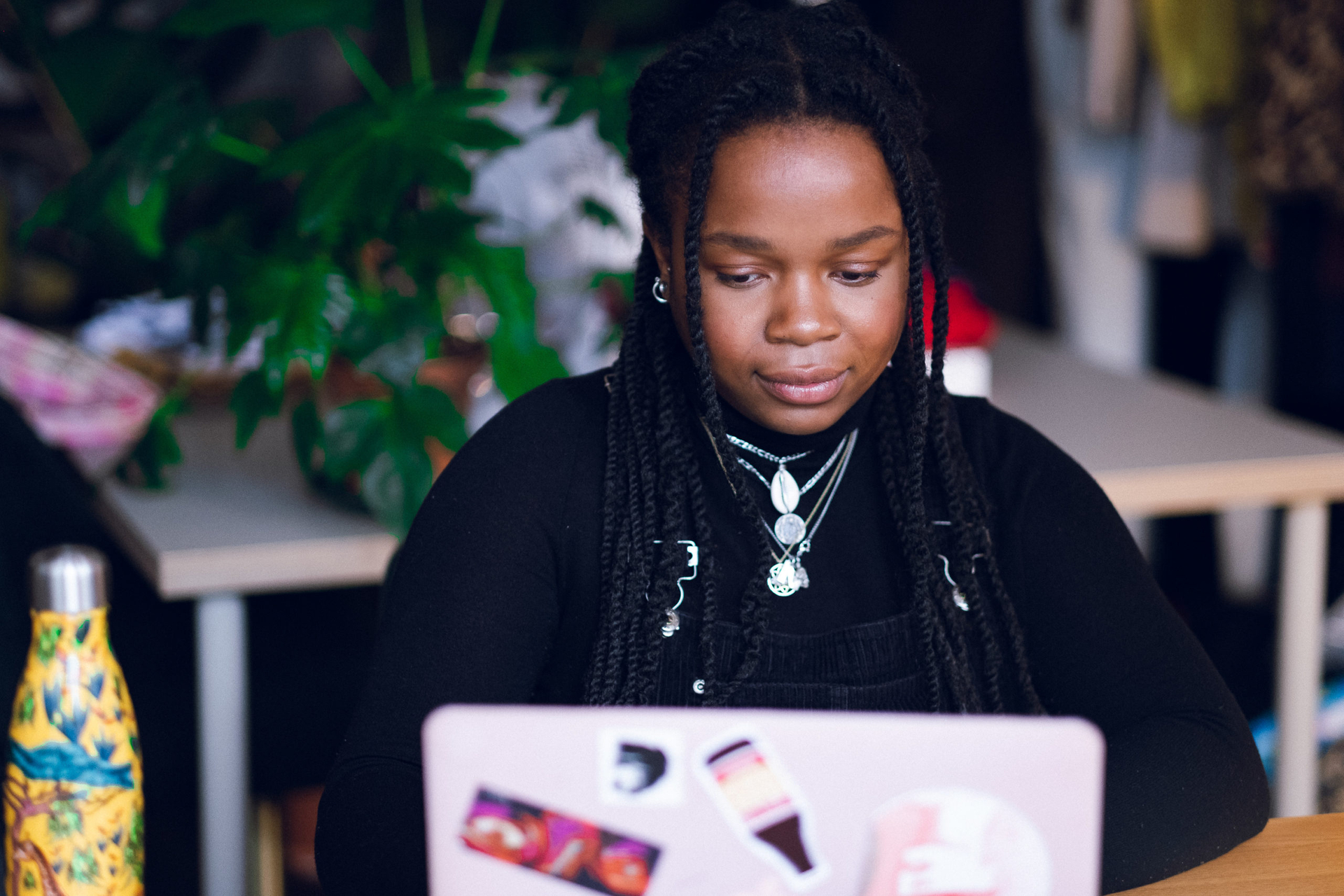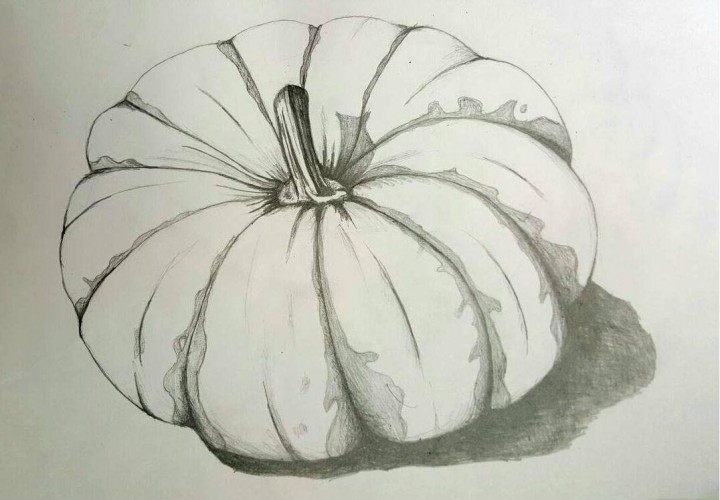
#SelfcareSundays: Saying goodbye to meat – the vegan & vegetarian transition
Yero Timi-Biu and Niellah Arboine
07 Feb 2016
As a person of colour (PoC), meat is often a staple-piece in a lot of our diets and meals (well, growing up for me anyway – and I’m referring to my own lived experience). It was often hard to avoid because it would automatically be on every plate/traditional Nigerian dish my mum and dad would serve up.
For instance, Rice and Stew isn’t just white boiled long-grain rice and stew (a tomato-based sauce). Dubbed a vintage Nigerian meal, there is usually chicken or beef alongside. Moin Moin, a bean-based dish that’s steamed, often has a corned beef-filled centre or, sometimes, simply a boiled egg. And Suya – dried meat (usually beef) seasoned with Suya spice – will rarely be meat substitutes, such as tofu or Quorn.
In primary and secondary school, I used to be so intrigued when my white friends would decide to become vegetarian for a week and their parents would say they were just going through a phase. It wasn’t so much that I wanted to give up meat too – it was just never really an option granted to me. People become or are born into being herbivores for religious, ethical and personal reasons, as well as specific dietary requirements. This includes those who: don’t condone cruelty to animals (i.e eating them); have intolerances; or sometimes just don’t enjoy the taste of meat. Veganism on the other hand has also been linked to feminism due to the theory of protecting the bodies of female animals in an exploitative farming industry.
There is often a conversation around the social stigma of having a plant-based diet within minority communities. Veganism can at times have a bad reputation of either white yuppy health freaks or creative free spirits who advertise a spare room in their flat (that for some reason smells of cheese, even though everyone is dairy free) with their one-eyed cat on Vegan Flatshare London’s Facebook page. Will you look strange if you start talking about dairy and the exploitation of cows at the dinner table? Will your cousins start comparing you to the vegan troll on Twitter who once said “Black lives matter…more than chickens or cows lives…apparently”?
Isn’t a meat-free or plant-based life for white people?
I initially gave up dairy a few years ago because it made my stomach speak in tongues, blocked my nose and made my skin break out in hives. My body doesn’t agree with milk, and to be quite honest, it smells weird and there are better-tasting, healthier alternatives and I don’t particularly feel like I need to consume anything from a cow. When I ask for a black coffee with agave nectar, my sister calls me a ‘crusty’. If you Google ‘crusty hippy’, I guarantee an image of a white woman with long blonde locs and a hula hoop will pop up (oh look, it actually does). I don’t look like that person. I look like me.
I’ve had some fellow PoC ask me “But isn’t veganism a ‘white thing’?” Well, have you heard of Rastafarians? Do you know the Ital diet? Do you have access to the internet? Do you not know who JME is? Beyoncé. You must know Beyoncé – she’s quite black. Yes, there are white vegans but dietary choices know no boundaries and do not discriminate.
Although the spaces that seem to be secured solely for white vegans do. It is true that the stories of vegetarian and vegan advocacy we see in the media are told by predominantly white people but it does not mean that advocates like Aph ko of Black Vegans Rock and A. Breeze Harper of The Sistah Vegan Project don’t exist.
[Please find further myths on veganism debunked here.]
If you’re thinking of giving up animal products or just meat, remember to listen to your body. There are a few misconceptions about malnourishment and the lack of nutrients from a meat-free diet, especially for vegans. You can find out more about the kind of food you can eat and more in-depth information from the NHS for a vegan or vegetarian diet.
Isn’t it expensive being a veggie/vegan?
A big misconception people have about cutting meat out of your diet is that it’s a super expensive lifestyle but, in reality, that can’t be further from the truth.
With the rise of cheap and good-quality supermarkets, like Lidl and Aldi, fresh fruit and vegetables are readily available at unbelievably low prices. Being a veggie/vegan doesn’t mean you have to break the bank buying artisanal bread made by some hipster in a renovated toilet cubicle, nor does it mean forking out millions doing your weekly shop at Wholefoods. This change in your diet can actually save you money because, let’s face it, meat is pretty expensive.
If you’ve eaten meat your whole life, understandably it’s going to be hard to adjust, as some of your favourite meals may include meat. This is where substitutes often come in handy. Quorn, Coldren and Linda McCartney, to name a few, are perfect for transitioning. Being veggie/vegan doesn’t mean your food has to be bland (seasoning, herbs and spices are your new best friend), nor does it mean you’ll be eating like a sad rabbit.
You can still eat hotdogs, spag-bol and juicy burgers without feeling like you’re missing out. Obviously, they aren’t going to taste exactly the same but they do come extremely close! They are packed full of protein with often a fraction of the fat found in actual meat. And if you aren’t too keen on filling up on processed foods there are loads of foods that have that ‘meaty’ texture such as mushrooms, tofu, beetroots and pulses all of which can add a lot of depth to your meal.
Fighting temptation
But what about eating out with my mates? Or food after the club when you’re super starving?
There are loads of veggie/vegan friendly restaurants now and most regular restaurants have amazing veggie options too. I’ve found myself in Nando’s, the home of chicken, and didn’t feel like I was missing out at all. A beanie burger topped with halloumi and hot nandos sauce is just as satisfying and full of flavour as your usual quarter chicken. And, when you find yourself in Morley’s in the early hours (if you’re in London and south of the Thames) a nice side of chips will get you through that night bus (or Uber if you’re feeling like a baller that night). Let’s not forget that margherita pizzas and McDonald’s mozzarella sticks are veggie options too! So, when the cravings hit, you can still dig in.
Even so, maybe giving up meat just isn’t for you and the thought of never eating an angus steak or chicken wings again is just too much for you to comprehend. Instead of going completely meat free, you can always have a few days a week that are meat-free, maybe try Meat-Free Mondays to ease yourself in, or pick the veggie option next time you go out to eat; not every day has to be a meat day. But listen to your body; do what feels comfortable for you.
At the end of the day this is only advice! Do you!

